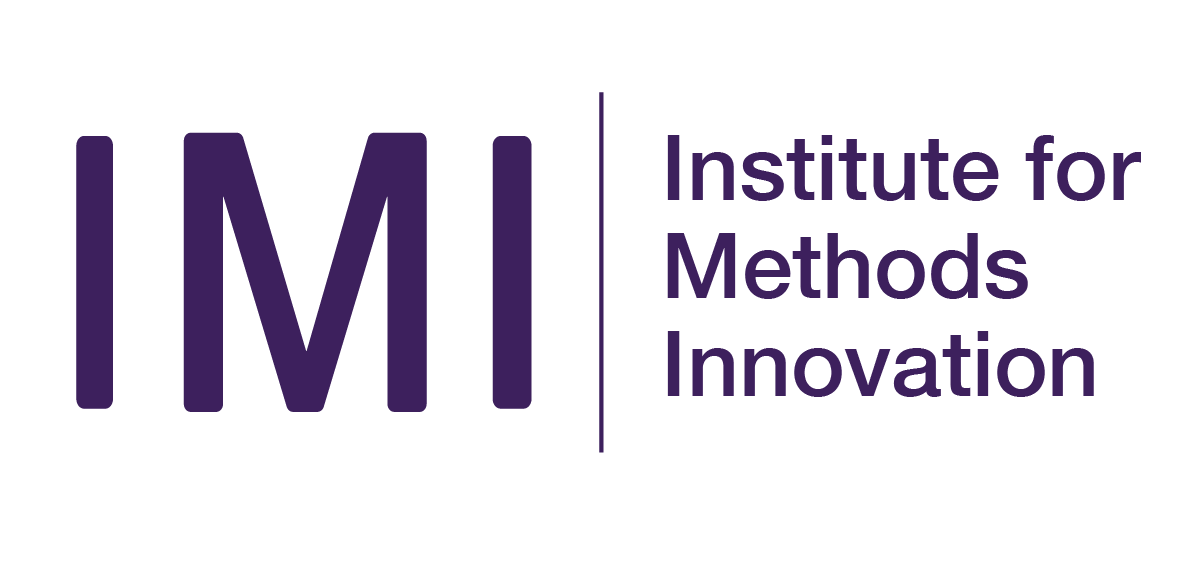Jensen, E. A. (2015). Responsible science communicators. PERFORM project blog.
It takes critical reflection, evidence-based practice and a community of practice to develop responsible science communication
There are many different pathways into science communication. But rarely do these pathways involve critical reflection on what it means to be a ‘responsible’ science communicator. This kind of critical reflection is increasingly salient in an averred ‘post-fact’ world, marked by the willful disregard of evidence in contexts such as Trump and Brexit. Debates about ‘value’ that have been gaining ascendance in arts and culture spheres may take on greater significance for science communicators in 2017 and beyond.
Responsible science communicators are audience-focused, beginning their decision-making process by considering their audiences’ starting positions. Being responsible in this context also involves critically evaluating your position as a communicator, ensuring that you are taking a realistic approach to communicating the science that matters most to you. Part of this self-evaluation process is to consider what is the best communication tool for you to bring to bear. Performance methods can broaden the toolkit of available science communication options. These and other communication tools are most likely to be effective when they are underpinned by appropriate training and evaluation practices.


